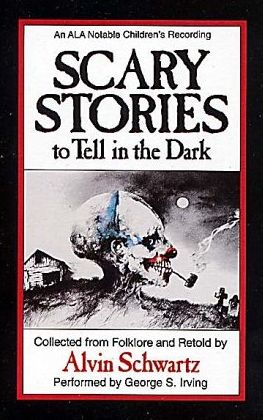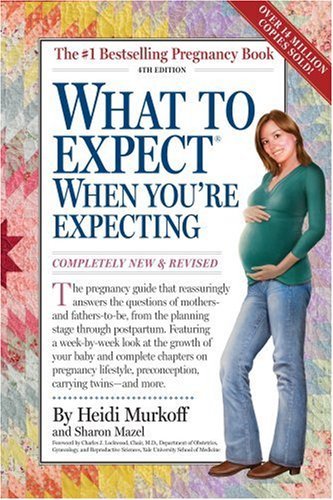|
In This Issue:

North Henderson
by: Alex Nall
I lived in North Henderson, IL for
nineteen years. I am now twenty-years-old. North Henderson is a
wafer-thin village with a population that consists of retired
seniors, up and coming families and stray dogs. There isn’t much
there. A few streets, some abandoned houses with paint chipping
off the side and roofs caving in, a baseball field, a somewhat
renovated park, a new thrift store that plays 50’s crooner
ballads and a post office.
I have learned that
life in the country is about independence. Country kids have
pretty normal lives inside their houses just like other kids.
They play Xbox or watch too much TV and eat dinner at the table
with their families, but life outside of the house is
drastically different than that of a city kid. When you live in
the country your life revolves around what you can do
rather than what you are able to do. My friends and I understood
this. Our independence came from living in our backyards: we
set up ramshackle huts and played Survivor. We would use
our neighbor’s backyards for baseball, kickball, tag, red rover
and water fights. The swing set in my yard was a castle. The
shed of our veteran neighbor was the place to take girls and
hide with them when we played hide and seek. We didn’t have the
mall. We didn’t have fast food. We didn’t have the Internet, not
yet. We had our hands and our imaginations.
When you grow up country life becomes lonely. Your friends
grow up, they get jobs, some go to jail, and a lot of them move
away with their parents and find solace somewhere else, maybe in
some other village. To survive this change one must explore. To
a freshly christened teenager a driver’s license is Columbus’
map: a ticket to freedom and adventure. Most country kids take
advantage of this and drive out to meet other people, go to
other places and find that piece of independence they’ve been
missing all these years behind the towering stalks of corn.
Now we
are all adults and are living different lives just like the kids
growing up years before us. The kids still there will go through
it as well. Life in the country is pretty much like anywhere
else: we live, we play, we grow, we learn, we move.
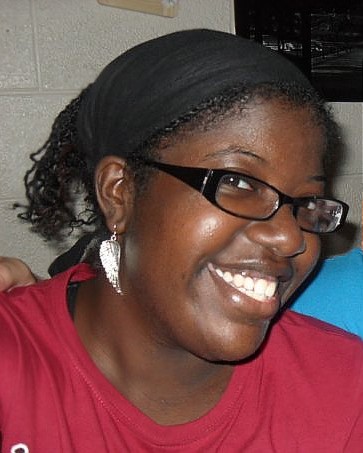 It
Was a Tuesday It
Was a Tuesday
By: Fannetta Jones
As a junior, I am now enrolled in the obligatory “Reflections”
class, the third installment in the Integrated Studies series. The
class I chose to enroll in was “Poetics of the Self” with David
Suda. This class is full of questions and contemplations about life
that most people have yet to consider. For instance, the other day
he asked us “How much does your life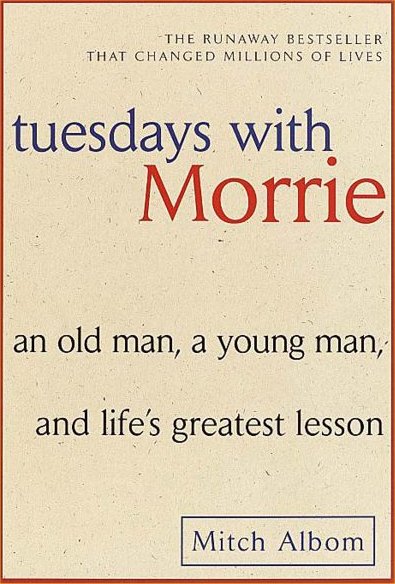 REALLY matter?” None of us could answer that question because it is
mostly something to just “think” about. We’ve all come to the
conclusion that he really wants us to just consider the impact we
make on the world with the smallest contributions. With that in
mind, we’ve also been reading a series of books about people’s lives
and how they perceived what they could contribute with their lives.
One book with this motive in mind was
Tuesdays with Morrie by: Mitch Albom.
REALLY matter?” None of us could answer that question because it is
mostly something to just “think” about. We’ve all come to the
conclusion that he really wants us to just consider the impact we
make on the world with the smallest contributions. With that in
mind, we’ve also been reading a series of books about people’s lives
and how they perceived what they could contribute with their lives.
One book with this motive in mind was
Tuesdays with Morrie by: Mitch Albom.
In
Tuesdays, Albom recounts the time and relationship
that he had with his college professor, Morrie Schwartz. Morrie was
the kind of man that had a lot of beliefs and opinions on how to
live a good and productive life, most of which included establishing
connections with others around you and generally being a good
person. One of his man aphorisms mentioned in the book was “Love one
another or perish.” This one statement influenced a lot of
perspectives and how he was able to accept life as it came to him.
The reason his acceptance of his life became so important was the
fact that he had developed ALS (Amyotrophic
lateral sclerosis) and his life was slowly coming to an end.
Throughout the entire book, the reader cannot help but to fall in
love with Morrie as well as develop a liking to Mitch. I know that
reading it personally made me re-evaluate my life and some of the
practices in it.
I would definitely recommend this as
the type of book that everyone, especially English majors, should
read at least once in life.
East of Eden
By: Alex
Nall
Quickly
dismissed by critics when it was first published, John Steinbeck’s
later novel “East of Eden” is a postmodern work that comments on the
struggle of one man and his journey to find Heaven in Hell.
Steinbeck is writing about
his home,
his
family and in the form a sprawling narrative tells two very
essential stories: his own family history and the Book of Genesis.
The book depicts a variety of themes ranging
from sibling rivalry in the beginning of the book to the freewill of
man at the end. Steinbeck carefully exposes a universal truth to
accompany the personal revelations that the characters discover as
the age throughout the novel. During a later portion of the book,
one of the sons of Adam, the protagonist, tells the family servant
“I don’t want to do bad things, but I do”. This stark and revealing
passage comes right after the death of a significant character and
it is accompanied by the
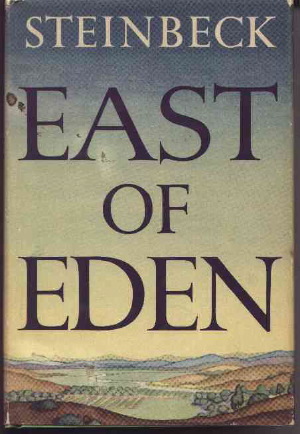 servant’s
wise Biblical analysis: “Tishmel´
(Thou mayest). servant’s
wise Biblical analysis: “Tishmel´
(Thou mayest).
While the book is packed with dark themes on
love, women and success, Steinbeck still seems to be writing about
one essential ideal he concentrated on years ago in both “The Grapes
of Wrath” and “Of Mice and Men”: the American dream. The characters
in the book are emotionally unstable, indecisive and in the instance
of Cathy, the novel’s dreary and haunting depiction of Satan, pure
evil. Steinbeck’s division of these characters draws the line
between what makes a person a hero or a villain, who wants to help
the world and who wants to destroy it. By using the Book of Genesis
and events from his own life as inspiration, Steinbeck creates a
Salinas Valley that alludes to Eden but focuses on the cracks and
terrains between the rolling mountains.
Survey Says!!!!

"What is
the Scariest or Most Frightening book you've ever read?"
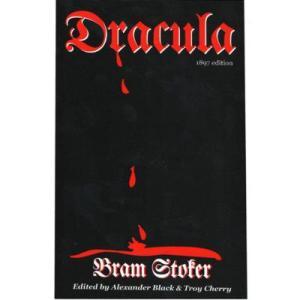
I think the scariest books
I've read is probably Dracula.
-Noelle Templeton
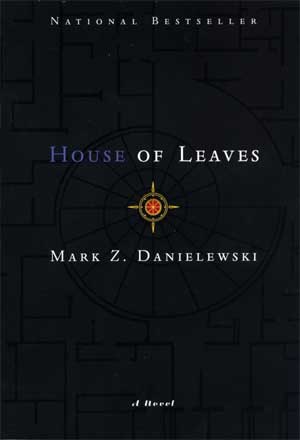
The House
of Leaves
-Jacob Johnson
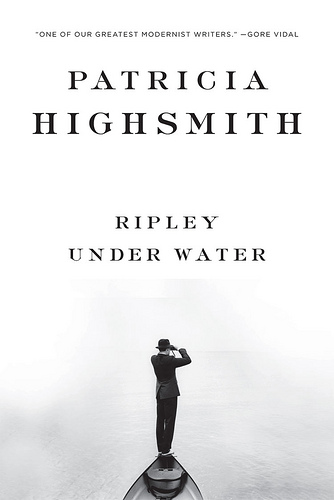
.Patricia Highsmith’s Ripley Under Water.
- Erika Solberg
I used to think the scariest was
King’s Salem’s Lot; now I think it is my dissertation.
-Gary Willhardt
I'd have to say the scariest book I ever read was
The Exorcist by William Peter Blatty. I watched parts of the movie that
scared me 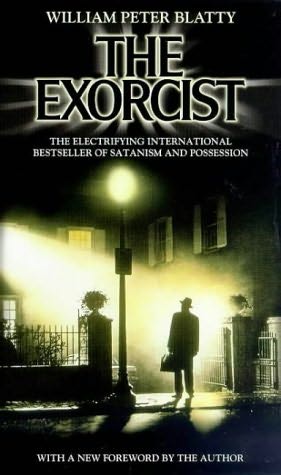 really
badly when I was about 11 or 12, so I figured if I read the book, it would help
it to not be so scary. Wow, was I wrong. I could barely get through some scenes
without cringing and I had to set it down several times and walk away. really
badly when I was about 11 or 12, so I figured if I read the book, it would help
it to not be so scary. Wow, was I wrong. I could barely get through some scenes
without cringing and I had to set it down several times and walk away.
- Leanna Waldron

Hands down, Orwell's 1984.
- Sara Hawk
The scariest book I’ve read is
My Life by Mark Willhardt. :-)
- Kevin Roberts
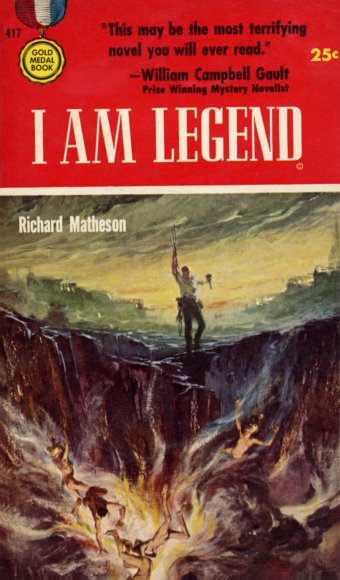
I don't usually read scary books
but I did recently read I Am Legend by Richard Matheson and it was
pretty scary.
- Tiffany Lefler
|



 REALLY matter?” None of us could answer that question because it is
mostly something to just “think” about. We’ve all come to the
conclusion that he really wants us to just consider the impact we
make on the world with the smallest contributions. With that in
mind, we’ve also been reading a series of books about people’s lives
and how they perceived what they could contribute with their lives.
One book with this motive in mind was
REALLY matter?” None of us could answer that question because it is
mostly something to just “think” about. We’ve all come to the
conclusion that he really wants us to just consider the impact we
make on the world with the smallest contributions. With that in
mind, we’ve also been reading a series of books about people’s lives
and how they perceived what they could contribute with their lives.
One book with this motive in mind was
 servant’s
wise Biblical analysis: “
servant’s
wise Biblical analysis: “



 really
badly when I was about 11 or 12, so I figured if I read the book, it would help
it to not be so scary. Wow, was I wrong. I could barely get through some scenes
without cringing and I had to set it down several times and walk away.
really
badly when I was about 11 or 12, so I figured if I read the book, it would help
it to not be so scary. Wow, was I wrong. I could barely get through some scenes
without cringing and I had to set it down several times and walk away. 

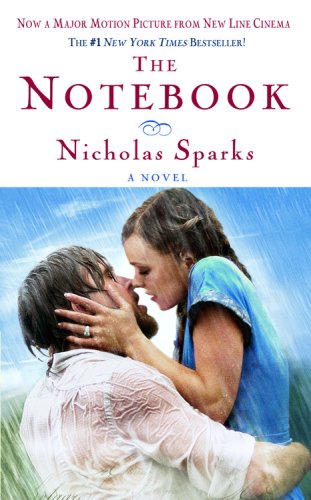
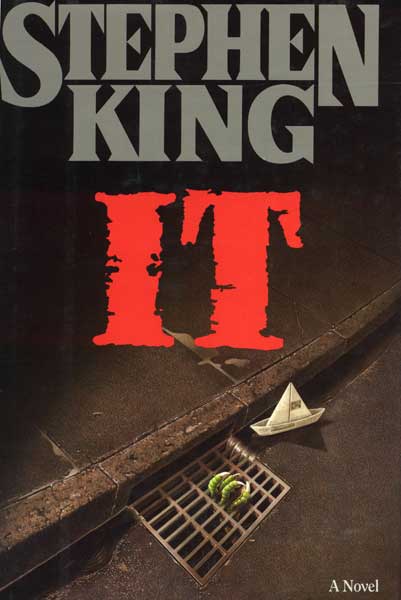
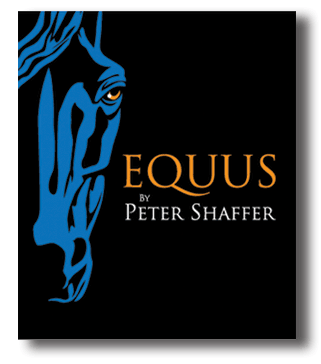
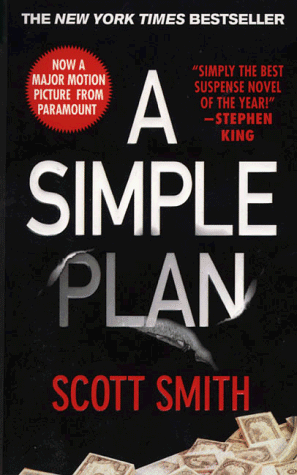 Probably
A Simple Plan by Scott Smith. The book tells
the story of what lengths two brother will go to to keep 4
million dollars they find in the woods. They become consumed
by greed and this book effectively shows the outcome in the
most horrific study of human nature.
Probably
A Simple Plan by Scott Smith. The book tells
the story of what lengths two brother will go to to keep 4
million dollars they find in the woods. They become consumed
by greed and this book effectively shows the outcome in the
most horrific study of human nature. 